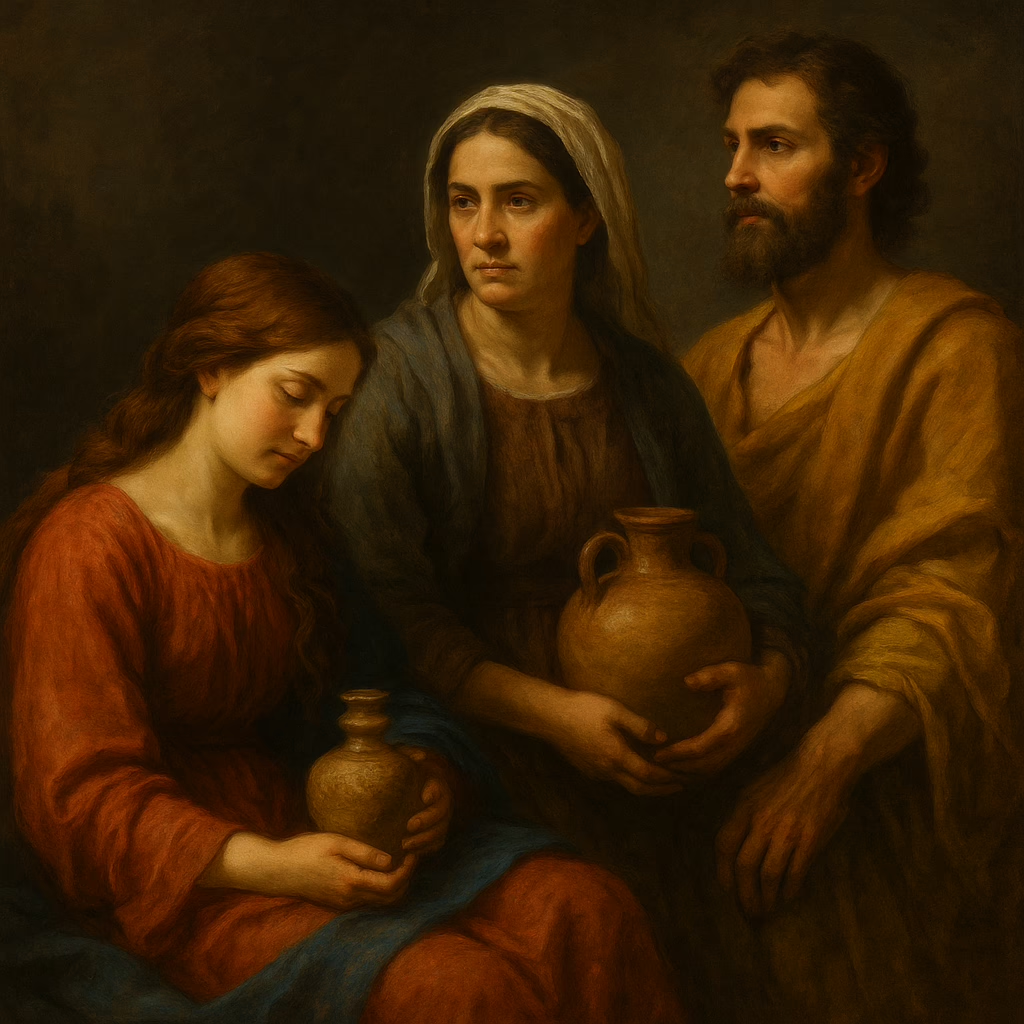Protestant Objections to Confessional Secrecy: A Catholic Response
Introduction: Understanding the Debate
Confessional secrecy is a practice deeply woven into the fabric of Catholic theology, yet it often meets with skepticism, especially from Protestant circles. Protestants question the necessity and scriptural basis of confessional secrecy, arguing for a more open and direct approach to confession and forgiveness. This discourse aims to unravel these objections and present a comprehensive Catholic response, deeply rooted in scripture, historical tradition, and theological insight. As we delve into this discussion, our foundational thesis will explore the scriptural, historical, and theological underpinnings of confessional secrecy.
1. Objection: Lack of Biblical Support for Confessional Secrecy
1.1 Protestant Argument Against the Seal of Confession
Protestants often point to Matthew 18:15-20 as emphasizing the need for communal accountability. In this passage, Jesus instructs His followers to address sin first privately, then within a small group, and finally before the church, advocating for open confession rather than secrecy. Additionally, 1 Timothy 2:5 is cited to underscore the idea of direct confession to God, eliminating the necessity of a priestly mediator: "For there is one God, and there is one mediator between God and men, the man Christ Jesus."
1.2 Catholic Response: Scriptural Basis of Confessional Secrecy
Catholic interpretation of John 20:23 offers a robust scriptural foundation for the sacrament of reconciliation. In this pivotal moment, Christ grants the apostles the authority to forgive sins, establishing the priestly role in the sacrament: "If you forgive anyone's sins, their sins are forgiven; if you do not forgive them, they are not forgiven." James 5:16 further supports confession within the community under priestly guidance: "Therefore, confess your sins to each other and pray for each other so that you may be healed."
1.3 Supporting Evidence for Catholic View
The historical development of sacramental confession highlights its affirmation by early councils, such as the Council of Trent, which emphasized sacramental confession as a divine institution. The priest acts as a mediator, forming a conduit through which God's grace flows, playing a critical role in the penitent's spiritual journey.
"The power of forgiveness is conferred not by man, but by the Holy Spirit, in whom the Bishop and Cardi take their place."
— St. Augustine, Sermon 140
The sacramental seal is crucial for spiritual healing, fostering an environment where penitents can be honest without fear of judgment or repercussions. Understanding the authority of the apostles in sacramental ministry further underscores the reality of priestly absolution as established by Christ Himself.
2. Objection: Potential for Abuse within Confessional Secrecy
2.1 Protestant Concerns About Abuse and Transparency
Concerns arise from the potential misuse of confessional confidentiality, with critics citing instances where priests might shield criminal activities or obstruct justice under the guise of secrecy. This perspective elevates transparency and accountability over the traditional practice of confessional secrecy.
2.2 Catholic Response: Safeguards and Moral Responsibility
The seal of confession is designed to ensure that penitents can speak freely and honestly, knowing their confessions remain confidential. The Church's stance on moral responsibility requires priests to uphold the sanctity of the confessional, whilst receiving rigorous training to ensure they handle disclosures ethically.
2.3 Addressing Concerns of Abuse in Catholic Teaching
The Church advocates for justice and encourages individuals to self-report criminal acts for restitution and reconciliation. For more insights into the ethical considerations in confessional practice, further exploration of the Church's Response to these issues is encouraged.
"In confession, there is a refuge for sinners, a sacred moment of grace, where truth leads to repentance and transformation."
— St. John Vianney, Sermons
Conclusion: Balancing Spiritual Sanctity and Communal Support
The debate between Protestant objections and Catholic defenses of confessional secrecy centers on maintaining a balance between spiritual sanctity and communal support. While transparency and accountability are vital, the sacrament of confession plays a crucial role in individual spiritual healing, guided by the wisdom of priestly mediation.
This deep dive into sacramental theology reveals the profound significance of the priest’s role in facilitating divine forgiveness. We encourage readers to engage with Church teachings, understanding confession's pivotal role in fostering spiritual growth and renewal. Explore Catholic Church Teachings to enhance your theological understanding and insight into this sacred sacrament.






Leave a Reply